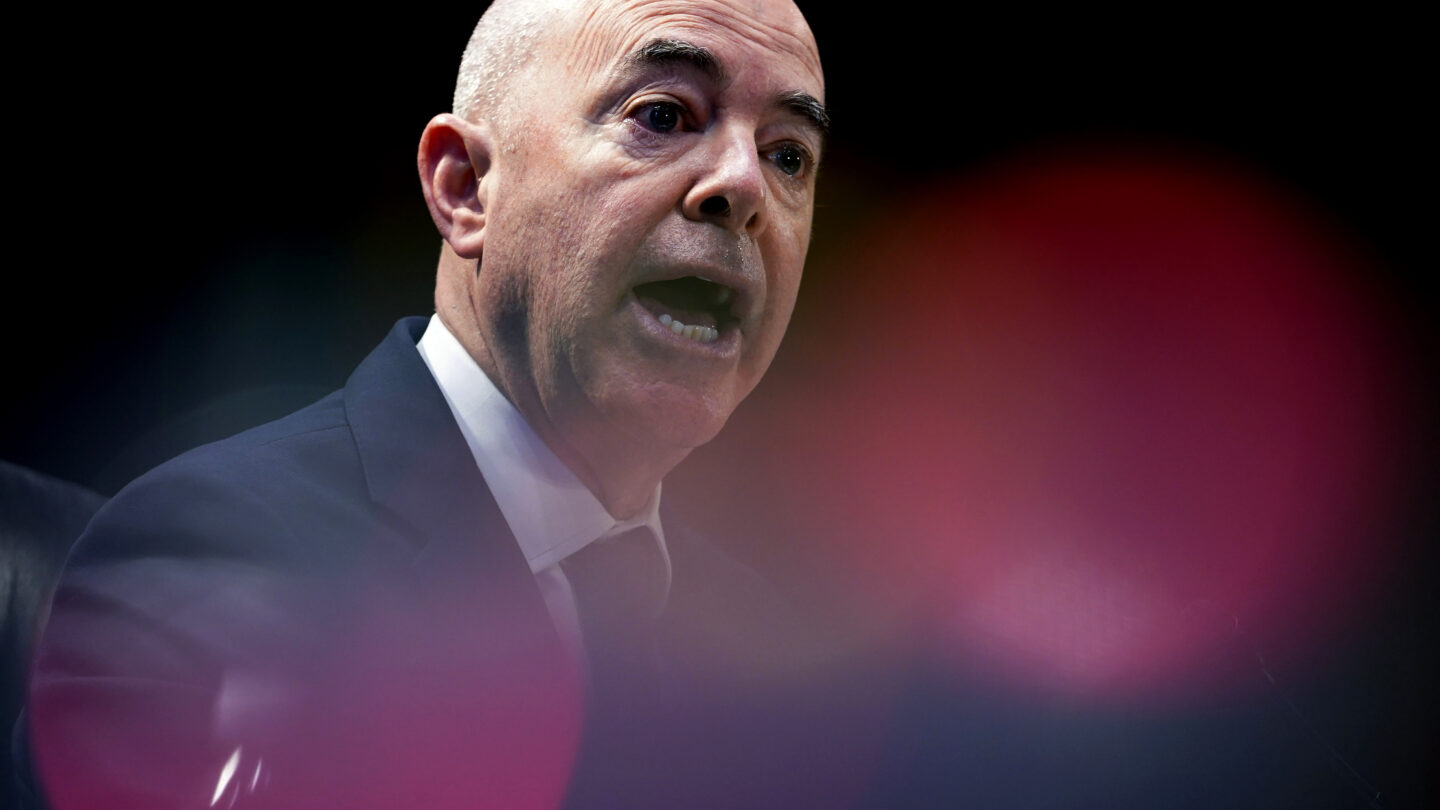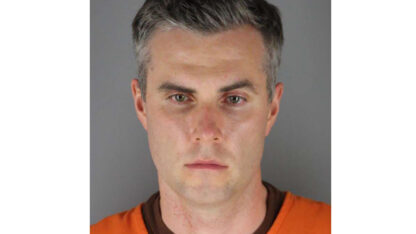The Department of Homeland Security paused its new disinformation governance board Wednesday and the board’s director will resign, following weeks of criticism from Republicans and questions about whether the board would impinge on free speech rights.
While the board was not formally shuttered, it will be reviewed by members of a DHS advisory council that’s expected to make recommendations in 75 days. Nina Jankowicz, picked to lead the board, wrote in her resignation letter that the board’s future was “uncertain,” according to her letter, obtained by The Associated Press.
Federal and state agencies treat disinformation as a national security threat. But the new board was hampered from the start by questions about its purpose and an uneven rollout that further confused its mission. The phrase “Ministry of Truth” — a reference to George Orwell’s “1984” — has repeatedly trended online in discussions about the board.
Homeland Security Secretary Alejandro Mayorkas made the decision in response to the cumulative negative reaction and growing concerns that it was distracting from the department’s other work on disinformation, according to two department officials who spoke on condition of anonymity to discuss internal deliberations.
“The Board has been grossly and intentionally mischaracterized: it was never about censorship or policing speech in any manner,” the department said in a statement. “It was designed to ensure we fulfill our mission to protect the homeland, while protecting core Constitutional rights.”
Conservative pundits and right-leaning media have often focused directly on Jankowicz, a researcher on Russian disinformation named to lead the board. Critics have pointed to statements made by Jankowicz that questioned the provenance of a laptop said to belong to Hunter Biden, the president’s eldest son, and replayed a TikTok video she taped about disinformation to the tune of a song from “Mary Poppins.”
Some attacks on Jankowicz used sexist and anti-Semitic slurs. A Fox News personality recently questioned whether Jankowicz should have agreed to lead the board while pregnant.
Supporters of Jankowicz have accused the department of not doing enough to protect her from trolls and online attacks.
“It is deeply disappointing that mischaracterizations of the board became a distraction from the Department’s vital work, and indeed, along with recent events globally and nationally, embodies why it is necessary,” Jankowicz wrote in her resignation letter.
DHS officials have described the board as an internal working group intended to study definitions of disinformation across the department. They have not explained why they chose Jankowicz, who is not a lawyer and had a well-known public profile.
The department’s Homeland Security Advisory Council will now review how the department can address disinformation while protecting free speech and how DHS can improve trust in its work on disinformation.
Russia has tried to influence the last two presidential elections by boosting false stories and using social media to inflame divisions in American society on issues like race and the coronavirus pandemic. It has continued to spread false and misleading narratives about its invasion of Ukraine. U.S. intelligence officials have also accused China and Iran of peddling disinformation to Americans.
Experts on disinformation warned the controversy around the board could hurt existing efforts to identify and stop the spread of false narratives about elections and hot-button issues in American society. DHS has several ongoing programs to counter disinformation, including the U.S. Cybersecurity and Infrastructure Security Agency’s efforts to debunk claims of election fraud.
Some speculated the board was developed by DHS in response to billionaire Elon Musk’s plan to buy Twitter, driven in part by a desire to loosen the platform’s rules around tweets. Others put out false claims that Jankowicz planned to edit the tweets of everyday Twitter users.
Mayorkas announced the creation of the board in late April, saying it would highlight Russian disinformation and false claims that encourage people to migrate to the U.S.-Mexico border. The board was immediately controversial, with Republican lawmakers questioning whether President Joe Biden’s administration was trying to police narratives it opposed.
The top Republicans on two key congressional oversight committees said they had a “complete lack of information about this new initiative.” And Mayorkas was attacked repeatedly over the board in recent appearances on Capitol Hill. Sen. Mitt Romney, a Utah Republican, told Mayorkas the board was a “terrible idea” that “communicates to the world that we’re going to be spreading propaganda in our own country.”
DHS also faced the prospect of a lawsuit. Twenty Republican attorneys general, led by Jason Miyares of Virginia, threatened Mayorkas with legal action “unless you turn back now and disband this Orwellian Disinformation Governance Board immediately,” Miyares said in a statement.
The Washington Post first reported the board would be paused.









